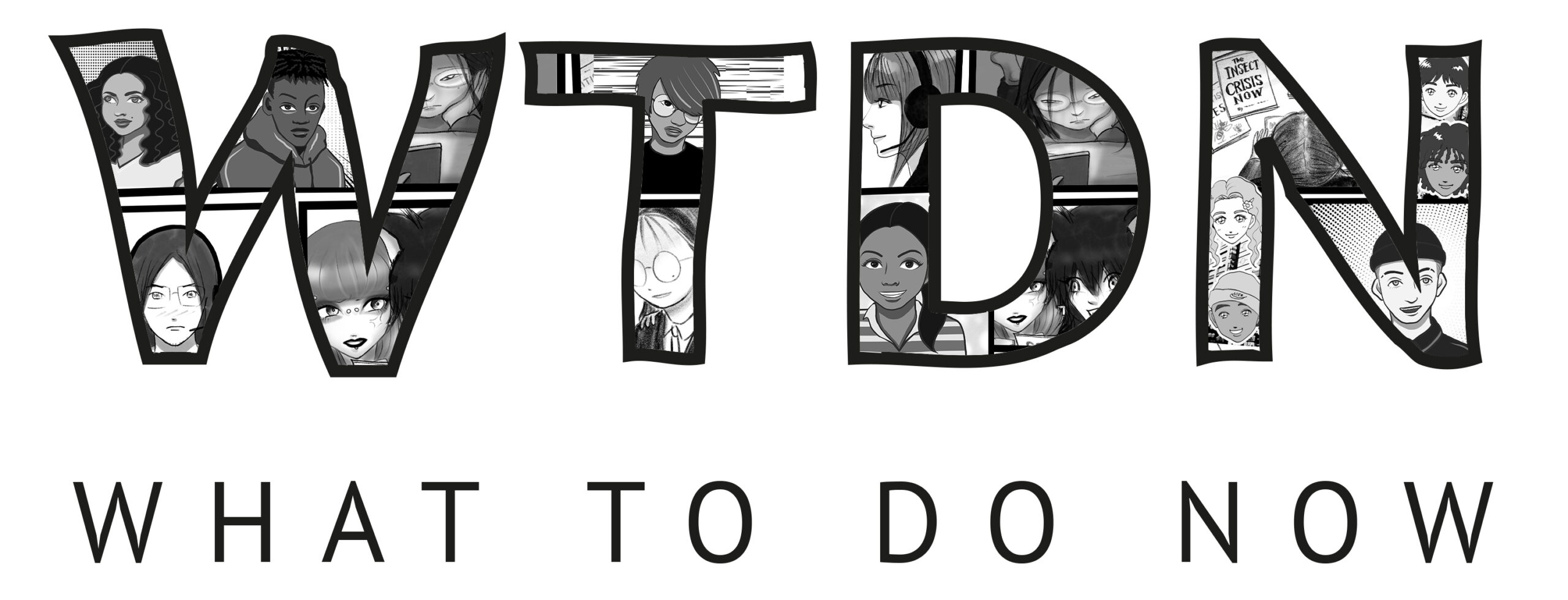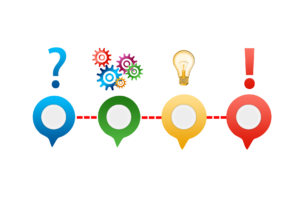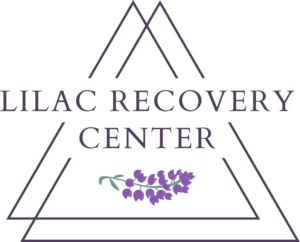Lilac Recovery Center is one of the best alcohol Treatment Centers San Diego California offers. Our substance abuse counselors recently met and the topic was defining relapse. They felt the needed to share this information with you. So, What is Relapse? Relapsing in the context of Substance Use Disorder (SUD) is a situation where an individual returns to using a substance they were previously addicted to after a period of abstinence. This isn’t a sign of failure but rather a common part of the recovery journey that illustrates the chronic nature of addiction. Relapse is often triggered by various factors such as stress, exposure to the substance, or environments associated with past substance use. It’s important to understand that relapse doesn’t negate the progress made during recovery; instead, it serves as a critical point to evaluate and adjust the treatment plan, reinforcing coping strategies and support systems to better manage future temptations or triggers.
Common Triggers for Relapse Best Alcohol Treatment Centers San Diego California
Running one of the best alcohol treatment center San Diego California offers comes with a lot of responsibility. You need a clear understanding of drug and alcohol addiction. A big issue for many is dealing with relapse. Understanding common triggers for relapse is essential for maintaining recovery from Substance Use Disorder (SUD). Stress is a major trigger, as individuals might resort to substance use as a coping mechanism for dealing with difficult emotions or situations.
Similarly, environments or individuals associated with past substance use can trigger intense cravings. This includes places where the substance was previously used or individuals with whom one used to consume substances. Another common trigger is exposure to the substance itself, which can be a significant challenge when the substance is readily available. Lastly, negative emotional states such as anxiety, depression, loneliness, or boredom can also make an individual vulnerable to relapse. Recognizing these triggers is a crucial step in developing effective coping strategies.
What Are the Relapse Rates for Drug and Alcohol Addiction?
Our best alcohol treatment centers San Diego California team knows relapse happens. Relapse rates for Substance Use Disorder (SUD) are frequently compared to those for other chronic illnesses – such as hypertension, asthma, or diabetes – to illustrate the persistent and recurring nature of the disease. Studies conducted by the National Institute on Drug Abuse (NIDA) indicate that the relapse rate for SUD ranges between 40% and 60%.
These rates are influenced by several factors, including the type of substance, the duration of use, the intensity of the addiction, and the individual’s access to and engagement in treatment. For example, the relapse rates for opioids, alcohol, and nicotine are notably high, partly due to the severe physical withdrawal symptoms associated with these substances. It’s vital to note that a relapse, while common, doesn’t signify treatment failure but underscores the need for ongoing, adjusted treatment interventions. It’s also worth mentioning that these rates highlight the importance of aftercare programs and long-term follow-up, which can significantly decrease the likelihood of relapse.
What Do I Do in the Case of Drug and Alcohol Relapse?
In case of a relapse, it’s crucial not to view it as a failure but rather as a sign that the current treatment plan needs to be adjusted. The first step is to immediately reach out to a trusted support network, such as a counselor, sponsor, or recovery group. Honesty about the situation is vital — it can open up discussions about what led to the relapse and how to avoid similar triggers in the future. It might be necessary to revisit or intensify treatment, such as therapy sessions or support group meetings. Medication may also need to be considered or adjusted under the guidance of a healthcare professional.
In some cases, a brief period of detoxification or a stay in a recovery center may be beneficial. Remember, dealing with a relapse is a step in the overall recovery journey. It should spur on renewed commitment to sobriety and provide insight into changes that need to be made to support long-term recovery. Developing a comprehensive relapse prevention plan is also crucial to anticipate potential triggers and provide a roadmap for navigating challenges.
Strategies for Preventing Relapse | Best Alcohol Treatment Centers San Diego California
Our doctors at the best alcohol treatment centers San Diego California know its hard to know if a family member is an alcoholic. They know preventing relapse is a crucial aspect of the recovery journey from Substance Use Disorder (SUD). While each individual’s journey is unique, there are several strategies universally beneficial for relapse prevention.
- Stress Management: Since stress is a common trigger for relapse, learning effective stress management techniques is vital. This could include mindfulness practices, exercise, or engaging in hobbies.
- Maintaining a Healthy Lifestyle: Ensuring a balanced diet, regular exercise, and good sleep hygiene can improve overall wellness and reduce cravings.
- Avoiding High-Risk Situations: Staying away from places, activities, or people associated with past substance use can help to prevent exposure to triggers.
- Building a Support Network: Having a strong support network, including therapist, family, friends, or support groups, can provide emotional support and accountability.
- Continued Therapy: Ongoing participation in therapy or counseling can help to reinforce coping mechanisms and provide support in navigating challenges.
- Medication (if applicable):Depending on the substance of addiction, medication may be used as part of the treatment plan to manage withdrawal symptoms and reduce cravings.
- Aftercare Programs: Enrolling in aftercare programs can provide further support and resources to help maintain long-term recovery.
Lilac Recovery Centers best alcohol treatment centers San Diego California doctors what you to remember, preventing relapse isn’t about achieving perfection, but about ongoing improvement and adaptation in the face of challenges. Relapses may occur, but they are not an indication of failure, but rather a signal for the need to adjust and refine the recovery strategy.
The Role of Medication in Relapse Prevention
The best alcohol treatment centers San Diego California know medication can play a critical role in relapse prevention, particularly in the case of certain substances that cause severe physical withdrawal symptoms and cravings. Medications are used as part of Medication-Assisted Treatment (MAT), a comprehensive approach that combines medications, counseling, and behavioral therapies. They work by normalizing brain chemistry, blocking the euphoric effects of the substance, relieving cravings, and normalizing body functions. For instance, in the case of opioid addiction, drugs like methadone, buprenorphine, and naltrexone are often used. Methadone and buprenorphine help suppress withdrawal symptoms and reduce cravings, while naltrexone blocks the effects of opioids, reducing the desire to use. Similarly, for alcohol addiction, drugs like naltrexone, acamprosate, and disulfiram can be employed.
These medications work differently — some help to reduce cravings, while others cause unpleasant effects when alcohol is consumed, thereby deterring its use. It’s important to remember that these medications should always be taken under the supervision of a healthcare professional as part of a broader treatment plan that includes therapy and support groups. Their use should be individualized, taking into account the specific needs and circumstances of the person. By managing withdrawal symptoms and cravings, medications can provide a stable foundation on which individuals can build their recovery, making them a valuable tool in relapse prevention.
Lilac Recovery Center best alcohol treatment centers San Diego California can help you. All the aforementioned strategies for relapse prevention underscore the significance of holistic, multi-faceted approaches in treating Substance Use Disorder (SUD). The journey towards sustained recovery may indeed be challenging, with potential setbacks along the way. However, through the combination of therapy, medication (if applicable), lifestyle changes, and social support, individuals can equip themselves with the necessary tools to navigate these challenges, prevent relapses, and ultimately, maintain long-term sobriety. It’s a testament to human resilience and the strength of will that keeps pushing us forward towards a life that’s healthy, fulfilling, and free from the shackles of addiction.
The Role of the Best Alcohol Treatment Centers San Diego California in Relapse Prevention
Lilac Recovery Center best alcohol treatment centers San Diego California can help you today. We accept most health insurances and can get you in now. Pick up the phone and call us at 442-341-6400. Drug and alcohol addiction treatment centers in California play a pivotal role in relapse prevention, providing a safe and structured environment where individuals can explore and confront the factors that contribute to their Substance Use Disorder (SUD). Cognitive-behavioral therapy (CBT) is particularly effective for this purpose, as it helps individuals understand the relationship between their thoughts, feelings, and behaviors, enabling them to recognize and challenge patterns of thinking that may lead to substance use. Through CBT, individuals can develop healthier coping mechanisms to manage stress and confront high-risk situations, thus reducing the likelihood of relapse.
Furthermore, motivational interviewing techniques used in therapy can reinforce an individual’s commitment to sobriety and boost their motivation to maintain long-term recovery. Group therapy sessions also offer a supportive platform for individuals to share experiences, learn from others who are navigating similar challenges, and build a supportive community. Therapists, in these settings, often facilitate discussions around relapse triggers, coping strategies, and the importance of maintaining a healthy lifestyle, all of which are crucial components of relapse prevention. Thus, ongoing participation in therapy is an invaluable tool in the journey towards sustained recovery from SUD. Call Lilac Recovery Center best alcohol treatment centers San Diego California now.




